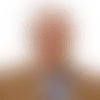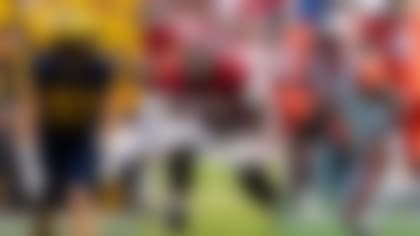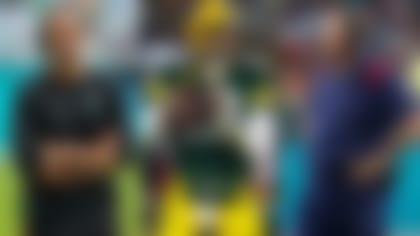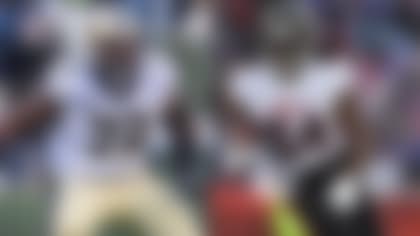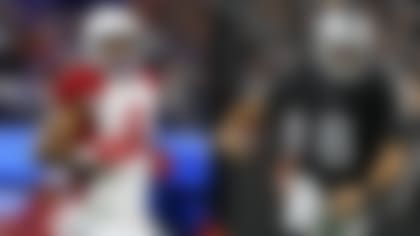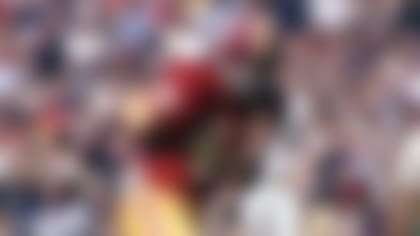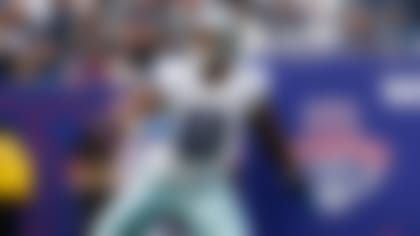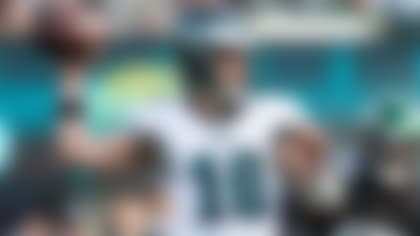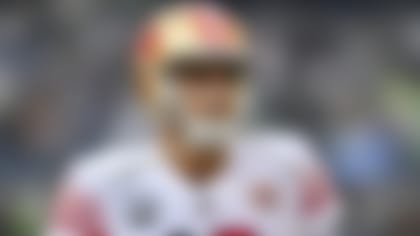Being a fan and friend of Dan Quinn, Thomas Dimitroff and Bill O'Brien didn't make it any easier for me to see them lose their jobs with the Falcons and Texans. But given the state of those teams, which have combined for a 1-9 record thus far, I can understand why ownership felt it was necessary to make changes.
That said, in today's league, with competitive balance being what it is, it's clear that teams can turn things around quickly. Just consider what Matt Rhule has accomplished in his first five games in Carolina, leading a purportedly rebuilding Panthers team to three straight victories and a tie for the lead in the NFC South. When an owner is willing to do everything possible to help his team succeed, rapid rebounds become eminently possible.
What will it take for the Houston Texans (who fired O'Brien on Oct. 5 from his role as head coach/general manager) and Atlanta Falcons (who fired Quinn and Dimitroff this week) to become competitive again? Below, I've answered three key questions about each franchise to get a sense of what their paths to relevance might look like.

1) What kind of coach should they be looking for? The respect that Quinn could command from his players was evident in the team's refusal to quit on him in 2019, when the Falcons rallied to a finish that kept Quinn and Dimitroff employed after a 1-7 start. The shocking thing about the end of the defensive specialist's tenure in Atlanta was the Falcons' failure to mount much of a pass defense. That's been a problem over the past four seasons, but the bottom truly fell out this year, with Atlanta ranking 31st in both passing and overall yards allowed per game and surrendering a league-high 15 passing touchdowns. The deficiency led to epic collapses against Dallas and Chicago that bore a haunting resemblance to the Falcons' infamous implosion in Super Bowl LI. Thus, the resumes of veteran coaches with a penchant for winning close games should carry extra weight among the decision-makers seeking Quinn's replacement.
I am curious to see what interim coach Raheem Morris will bring to the table, and whether he winds up getting a second chance at a permanent job after things went south for him in his first try being a head coach in Tampa. While it's true that he was the coordinator of the defense that floundered under Quinn, Morris might be able to get more out of his players than Quinn could at the end.
2) What should they do at QB? The instinct to hit the restart button is understandable, but I think the Falcons should stay the course with Matt Ryan. At 35, he still has good football ahead of him, and he's excelled in multiple offensive systems in his 13-year career, so he should be able to adapt to whatever the next head coach has in mind. A lack of offensive production is not what got Quinn and Dimitroff fired -- note that this team currently ranks eighth in passing yards and 11th in overall yards. And, of course, there's the cap impact to weigh. Whoever takes the reins in Atlanta must consider that parting ways with Ryan next year would leave $49 million in dead money and result in a $9 million hit to the team's salary cap, per Over the Cap. That said, owner Arthur Blank, who has shown a past commitment to keeping marquee talent in the fold, was surprisingly non-committal about Ryan's future when asked about him on Monday, saying he wants to leave the decision to the new head coach and general manager.
At the end of the day, I don't think it would be wise to take the cap hit to part ways with someone who can still help the Falcons win games. Personally, I would consider following the path recently taken by the Packers, who drafted quarterback Jordan Love to develop on the bench while continuing to enjoy elite-level play from all-time great Aaron Rodgers.
3) What's their biggest roster hole? The pass rush. Quinn never really recovered from the rapid devolution of first-rounder Vic Beasley, who embarked on a puzzling career slide the likes of which I've never seen; he led the NFL with 15.5 sacks in 2016 but eventually played his way out of town, managing just 18 total sacks over the next three seasons. The failure of Takkarist McKinley to develop also hurt. The big question is, how much of a roster teardown will the next shepherds of the franchise be interested in completing? The roster is top-heavy, with the salaries of five players (Ryan, Julio Jones, Grady Jarrett, Jake Matthews and Dante Fowler) currently set to soak up 69 percent of their projected cap spending in 2021, per Over the Cap.

1) What kind of coach should they look for? With Deshaun Watson locking down the quarterback position (more on him later) and a lack of draft capital (more on that even later), the hiring of a head coach might be where the franchise has the greatest potential to impact its near- and long-term future. The once-strong defense is anything but, ranking 28th last year and 22nd through five games this year. But what this organization really needs is an offensive guru who can get the best out of Watson, whose play has slipped in the wake of DeAndre Hopkins' departure via trade. Interim head coach Romeo Crennel is also attempting to rebuild trust with the players, a job that must be seen as a major priority, regardless of who ends up in the position long-term. It might not be a bad idea to consider reuniting Watson with the coach who helped him win a national title at Clemson, Dabo Swinney.
2) What should they do at QB? The four-year, $160 million extension Watson signed in the offseason will tether him to the franchise through 2025, so the Texans obviously don't need to look for a new QB. The task now is to maximize the one they have. The supporting cast is an issue, as Watson has struggled to click with his receiving corps; hopefully his recent success targeting Brandin Cooks leads to positive growth. The ground attack is also a problem, with Houston averaging just 84.6 rushing yards per game, and David Johnson -- acquired in the deal that saw Hopkins shipped to the Cardinals -- struggling to produce consistently. But, as I mentioned earlier, the Texans are pretty well boxed in as far as immediate roster-building options (more on this soon, I promise). So the most important thing the team can do to help Watson is hire the right head coach and avoid wasting any more of his prime.
3) What's their biggest roster hole? Forget about identifying one hole; the Texans have many. The question is, how will they make any of the necessary upgrades at defensive tackle, cornerback, running back and receiver? O'Brien's wheeling and dealing left the team in a bad spot in terms of roster building, with the most pressing problem being the fact that Miami owns Houston's first- and second-round picks in next year's draft, which O'Brien shipped out in the trade for left tackle Laremy Tunsil. To put the franchise in a better position to achieve success, acting GM Jack Easterby should be listening to trade offers for future picks if other teams come calling before the Nov. 3 deadline.
